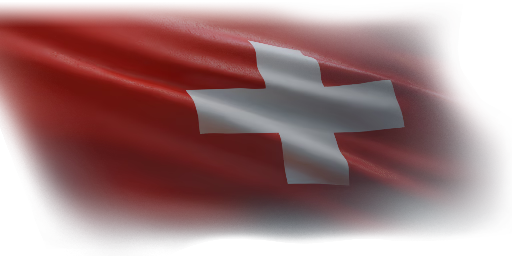
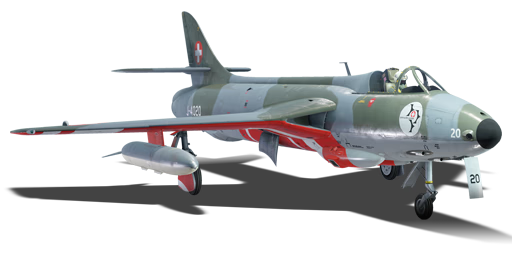



The Hunter F.58 (Germany) with a tail number of J-4020, was one of the Hawker Hunters in Swiss Air Force service and a member of the Patrouille Suisse ("Swiss Patrol") Aerobatic Team. This aircraft with factory code 41H-691768 was first flown on 4th February 1958, and subsequently joined the Swiss Air Force during the 1960s alongside another 87 F.58 (exported F.6). These jets were further upgraded under the KAWEST (Kampfwertsteigerung; Increased Operational Performance) in 1964 with RWR, an ECM pod, and chaff dispensers,as well as capabilities to launch AIM-9 and AGM-65B, turning it into a multi-role fighter for the Swiss until they were replaced by the F-5E. The remaining fleet of Hunters with the special livery of the Patrouille Suisse eventually retired in 1994 and the jet represented in-game is currently displayed at the northern corner of Dübendorf Airfield on the outskirts of Zurich.
The jet was introduced in Update "Sky Guardians" as a squadron vehicle in the German aviation tech tree and introduced Switzerland into the game. Unlike the FGA.9 or F.6 in the British tech tree, the F.58 has access to more advanced missile options including the AIM-9P and AGM-65B, as well as RWR and countermeasures to fend against enemy acquisition. Although it will face more advanced supersonic jets which sometimes have radar-guided missiles or all-aspect AAMs, if picking enemies which has depleted their energy or lacking situation awareness, the ADEN autocannons and missiles will make very short work of them, while the Hunter can fly away from the battlefield with its good energy retention and countermeasures onboard.
flaps
flaps
flaps
brake
| Belt | Belt filling | Armor penetration (mm) at a distance: | |||||
|---|---|---|---|---|---|---|---|
| 10 m | 100 m | 500 m | 1000 m | 1500 m | 2000 m | ||
| AP/HEI-T | 37 | 34 | 22 | 13 | 8 | 5 | |
| AP/HEI-T/AP | 37 | 34 | 22 | 13 | 8 | 5 | |
| HEF-I/HEI-T | 4 | 4 | 4 | 4 | 4 | 4 | |
| AP/HEF-I | 37 | 34 | 22 | 13 | 8 | 5 | |
| Name | Weight | Slot | ||||||||||||
|---|---|---|---|---|---|---|---|---|---|---|---|---|---|---|
| 2 × | 37.7 kg | 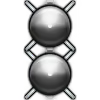 |  |  |  |  |  | |||||||
| 76.9 kg | 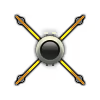 |  | ||||||||||||
| 219.5 kg | 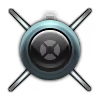 |  | ||||||||||||
| 200 kg | 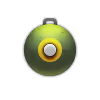 |  | ||||||||||||
| 2 × | 413 kg | 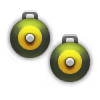 |  | |||||||||||
| 400 kg | 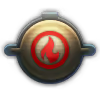 |  | ||||||||||||
| 400 kg | 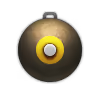 |  | ||||||||||||
| 446.8 kg | 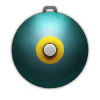 |  | ||||||||||||
| Drop tank (150 gal.) | 73 kg | 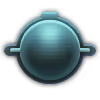 |  | |||||||||||
| 4 × | 66.4 kg | 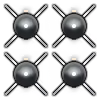 |  | |||||||||||












Flight performance | |
|---|---|
Survivability |
|---|
Weaponry | ||
|---|---|---|